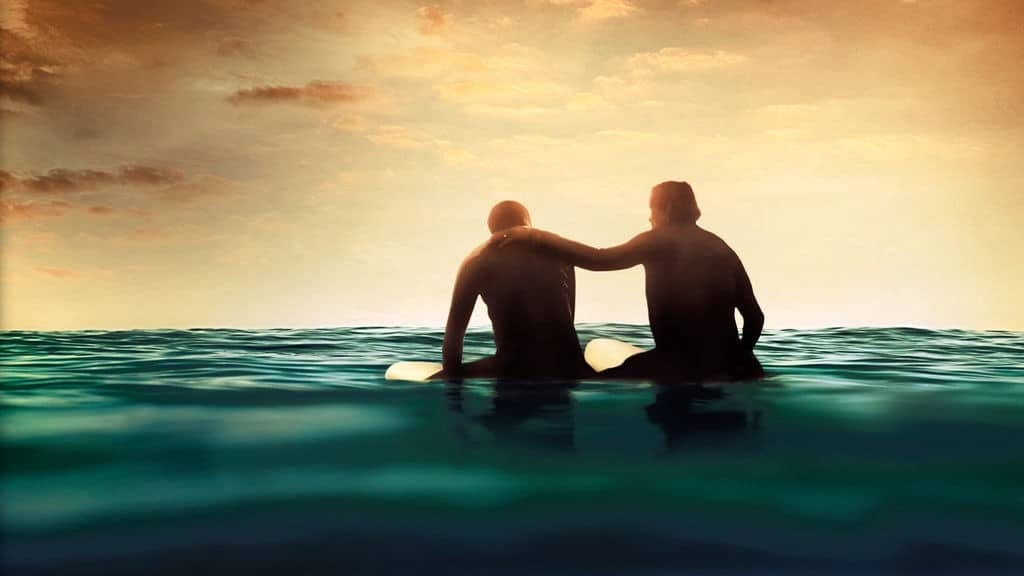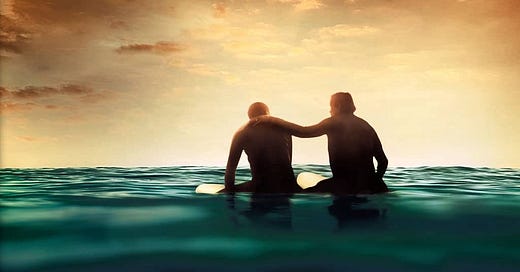‘Resurface’ Presents Surfing as a Form of Therapy for PTSD
From the makers of the award-winning short film ‘Slomo’ comes an issue-driven sports doc.

According to one of the former marines featured in Joshua Izenberg and Wynn Padula’s Resurface, 22 military veterans commit suicide every 24 hours. This is a brief increase to the data recorded by the U.S. Department of Veterans Affairs in 2016, which found that an …
Keep reading with a 7-day free trial
Subscribe to Nonfics to keep reading this post and get 7 days of free access to the full post archives.



